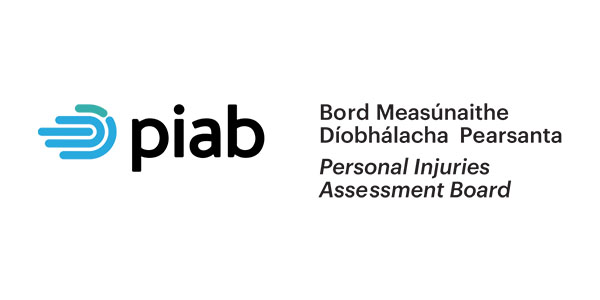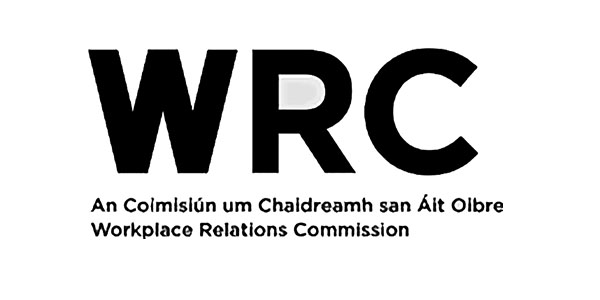The offence of murder is always tried in the Central Criminal Court or the Special Criminal Court. It is a charge that is, in most cases, contested. The sentence following a murder conviction is a mandatory life sentence regardless of whether a plea was proffered by the accused. In manslaughter cases the maximum sentence is also life but it is not mandatory. The Supreme Court, in DPP v David Mahon, has set out guidelines for sentencing persons convicted of manslaughter https://www.courts.ie/acc/alfresco/07649d84-a5aa-4931-b5f5-f43e315ddff6/2019_IESC_24_1.pdf/pdf#view=fitH
In many cases coming before the Central Criminal Court, an accused will be charged with murder, but the charge may be reduced to one of manslaughter, if the accused offers such a plea and this is acceptable to the DPP. A jury may also, at the end of a trial, find that manslaughter has been proved but not murder.
To secure a conviction for murder, the prosecution must prove that the accused killed the person unlawfully and, at the time of the unlawful killing, they intended to kill or cause serious injury to one person. A murder trial is, of course, an extremely stressful time for all concerned.
As with all criminal offences, but particularly with such a serious charge, immediate legal advice should be sought from Baxter Mimnagh Solicitors who have experience in dealing with trials and are familiar with the workings of the Central Criminal Court. There is always, in these cases, an enormous volume of evidence and a long list of witnesses’ testimonies, exhibits and evidence which must be scrutinised in great detail. An accused should have an extremely competent team of lawyers whom he/she trusts implicitly.
https://www.rte.ie/news/courts/2020/1014/1171509-longford-trial/






